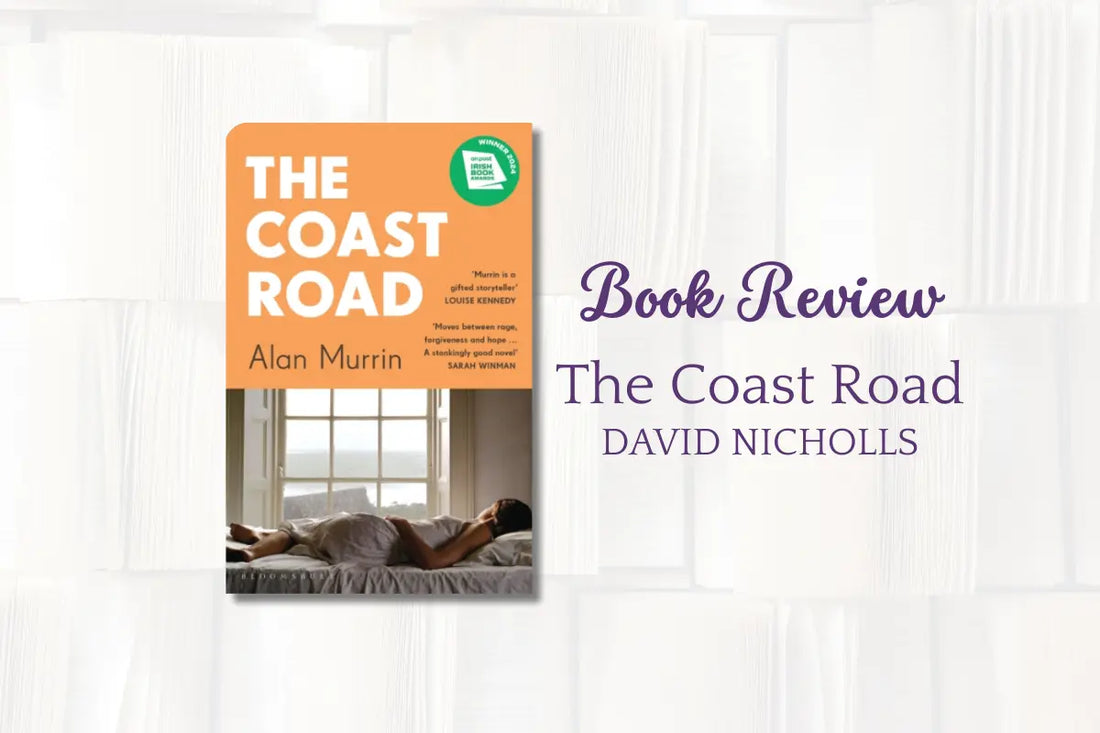
Book Review: The Coast Road by Alan Murrin
About the book
It’s 1994 in County Donegal, Ireland, and everyone is talking about Colette Crowley: the writer, the bohemian, the woman who left her family to be with a married man in Dublin.
Returning to pick up the pieces of her old life, Colette finds that nothing – and everything – has changed.
When the man to whom she is still married denies her access to their children, Colette enlists the help of Izzy, a housewife and mother of two, and the women forge a friendship that will send them on a spiralling journey – one towards a path of self-discovery, and the other towards tragedy.
Why we love it
Set in 1994 in a small town in Donegal, when divorce was still illegal and separation frowned upon, The Coast Road centres on the intertwined lives of three women, each navigating the emotional confines and consequences of an unhappy marriage.
Colette, a free-spirited poet who scandalised their community by leaving her husband and children for a more meaningful life in Dublin, has now returned, hoping to piece her life back together. Meanwhile, Izzy, married to a domineering and image-conscious local politician, finds quiet solace in an unexpected friendship with the parish priest. Dolores, weary and withdrawn, endures a fraught and emotionally abusive marriage to a philandering husband.
From the very first page, the novel hints at tragedy ahead, casting a shadow of quiet foreboding and tension that slowly escalates as the story unfolds.
Alan Murrin captures the inner lives of these women with remarkable sensitivity and a lack of judgement, while also highlighting how the petty gossip and small-mindedness of small communities can have dangerously far-reaching consequences.
In showing how Colette’s attempts to rebuild her life, running creative writing workshops and forming new friendships, are quickly undermined by innuendo, social prejudice and her estranged husband’s refusal to let her see her children, we’re reminded of how few options women truly had at this point in time.
To leave as Colette did, meant risking social exile, financial insecurity and even the loss of your children. But for women like Izzy and Dolores, staying came with a different kind of cost.
Murrin doesn’t shy away from any of these complexities. He unflinchingly captures the steady resilience of women and the emotional compromises they’re forced to make, whichever path they choose.
A compelling and nuanced novel, The Coast Road serves as a poignant reminder of how recent and how hard-won some freedoms truly are.




